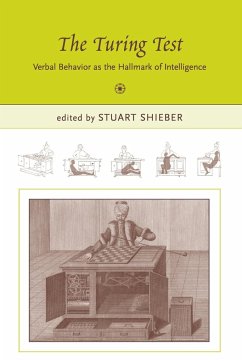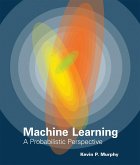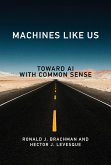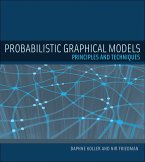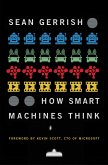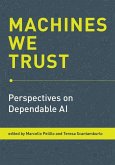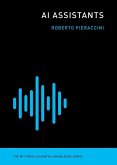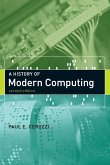Historical and contemporary papers on the philosophical issues raised by the Turing Test as a criterion for intelligence.
The Turing Test is part of the vocabulary of popular culture it has appeared in works ranging from the Broadway play "Breaking the Code" to the comic strip "Robotman." The writings collected by Stuart Shieber for this book examine the profound philosophical issues surrounding the Turing Test as a criterion for intelligence. Alan Turing's idea, originally expressed in a 1950 paper titled "Computing Machinery and Intelligence" and published in the journal Mind, proposed an "indistinguishability test" that compared artifact and person. Following Descartes's dictum that it is the ability to speak that distinguishes human from beast, Turing proposed to test whether machine and person were indistinguishable in regard to verbal ability. He was not, as is often assumed, answering the question "Can machines think?" but proposing a more concrete way to ask it. Turing's proposed thought experiment encapsulates the issues that the writings in The Turing Test define and discuss. The first section of the book contains writings by philosophical precursors, including Descartes, who first proposed the idea of indistinguishablity tests. The second section contains all of Turing's writings on the Turing Test, including not only the Mind paper but also less familiar ephemeral material. The final section opens with responses to Turing's paper published in Mind soon after it first appeared. The bulk of this section, however, consists of papers from a broad spectrum of scholars in the field that directly address the issue of the Turing Test as a test for intelligence.
Contributors
John R. Searle, Ned Block, Daniel C. Dennett, and Noam Chomsky (in a previously unpublished paper). Each chapter is introduced by background material that can also be read as a self-contained essay on the Turing Test
Hinweis: Dieser Artikel kann nur an eine deutsche Lieferadresse ausgeliefert werden.
The Turing Test is part of the vocabulary of popular culture it has appeared in works ranging from the Broadway play "Breaking the Code" to the comic strip "Robotman." The writings collected by Stuart Shieber for this book examine the profound philosophical issues surrounding the Turing Test as a criterion for intelligence. Alan Turing's idea, originally expressed in a 1950 paper titled "Computing Machinery and Intelligence" and published in the journal Mind, proposed an "indistinguishability test" that compared artifact and person. Following Descartes's dictum that it is the ability to speak that distinguishes human from beast, Turing proposed to test whether machine and person were indistinguishable in regard to verbal ability. He was not, as is often assumed, answering the question "Can machines think?" but proposing a more concrete way to ask it. Turing's proposed thought experiment encapsulates the issues that the writings in The Turing Test define and discuss. The first section of the book contains writings by philosophical precursors, including Descartes, who first proposed the idea of indistinguishablity tests. The second section contains all of Turing's writings on the Turing Test, including not only the Mind paper but also less familiar ephemeral material. The final section opens with responses to Turing's paper published in Mind soon after it first appeared. The bulk of this section, however, consists of papers from a broad spectrum of scholars in the field that directly address the issue of the Turing Test as a test for intelligence.
Contributors
John R. Searle, Ned Block, Daniel C. Dennett, and Noam Chomsky (in a previously unpublished paper). Each chapter is introduced by background material that can also be read as a self-contained essay on the Turing Test
Hinweis: Dieser Artikel kann nur an eine deutsche Lieferadresse ausgeliefert werden.

